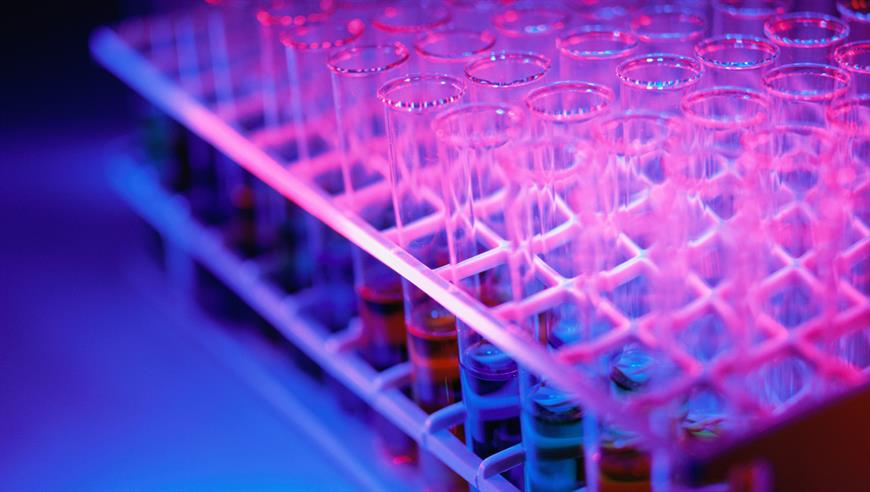
A new targeted drug has a good safety profile and has led to responses in some patients with particular genetic characteristics in their tumours.
The promising results of a new phase I trial, led by researchers in the Drug Development Unit at The Institute of Cancer Research, London, and our partner hospital The Royal Marsden NHS Foundation Trust, have already led to the start of a larger, phase II trial in men with advanced prostate cancer.
In the trial, 65 patients with a range of different tumour types took gradually escalating doses of an experimental drug called GSK2636771, which blocks a cancer-driving protein called PI3 kinase beta (PI3KB), also known as p110b.
Some 11 patients had a durable clinical benefit from the drug – defined as lasting more than 24 weeks – with one patient with prostate cancer responding for more than a year.
The researchers took detailed genetic data from tumours during the trial, meaning they were also able to spot whether cancers with particular genetic aberrations were affected by the drug.
They found that tumours with aberrations in a particular PI3KB gene – called PIK3CB – may respond particularly well to the drug.
The results were published in Clinical Cancer Research.
The Drug Development Unit (DDU) was opened in 2005 and is a joint unit of the ICR and The Royal Marsden NHS Foundation Trust. The DDU aims to seamlessly integrate preclinical drug discovery, proof-of-principle phase I trials and tumour-specific evaluation of novel agents.
Read more
Development underpinned by ICR research
The discovery and development of PI3KB inhibitors has been underpinned by research at the ICR. An award-winning programme of research led to the discovery of the first PI3K-inhibiting drugs and helped lead to subsequent research programmes at commercial partners – including GlaxoSmithKline, the funders of this clinical trial and owners of GSK2636771.
Study lead author Dr Joaquin Mateo, Clinical Scientist at the ICR and a Clinical Research Fellow at The Royal Marsden, said:
“Our trial has established the safety of a new targeted PI3KB inhibitor at effective doses, and shown particular signs of effectiveness primarily in patients whose cancer carries genetic mutations or aberrations in the PIK3CB gene.
“The results of our trial have already led to a further phase II trial in patients with PIK3CB anomalies in their tumours, and could lead to this drug becoming a future treatment option for some men with advanced cancers.”